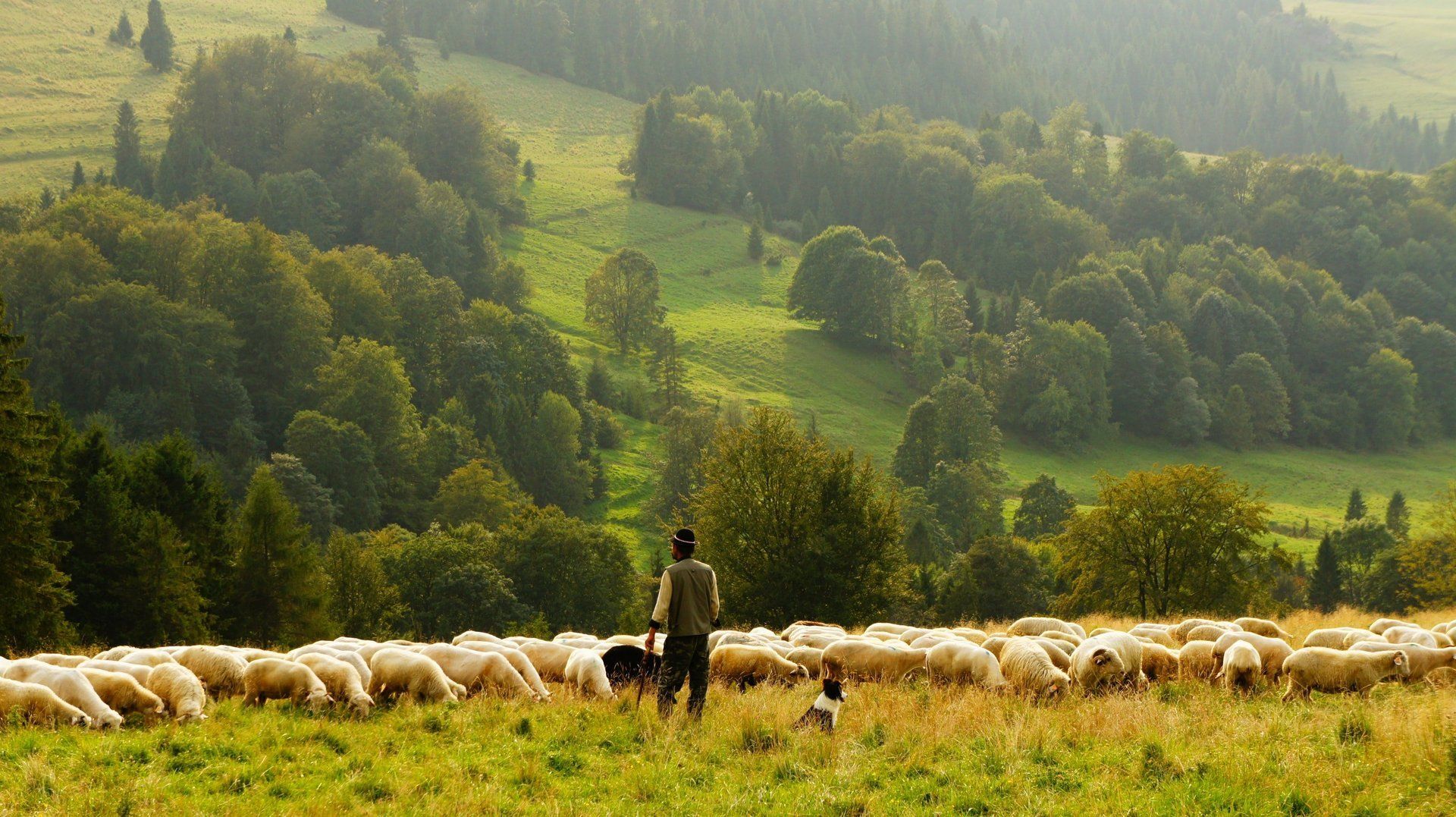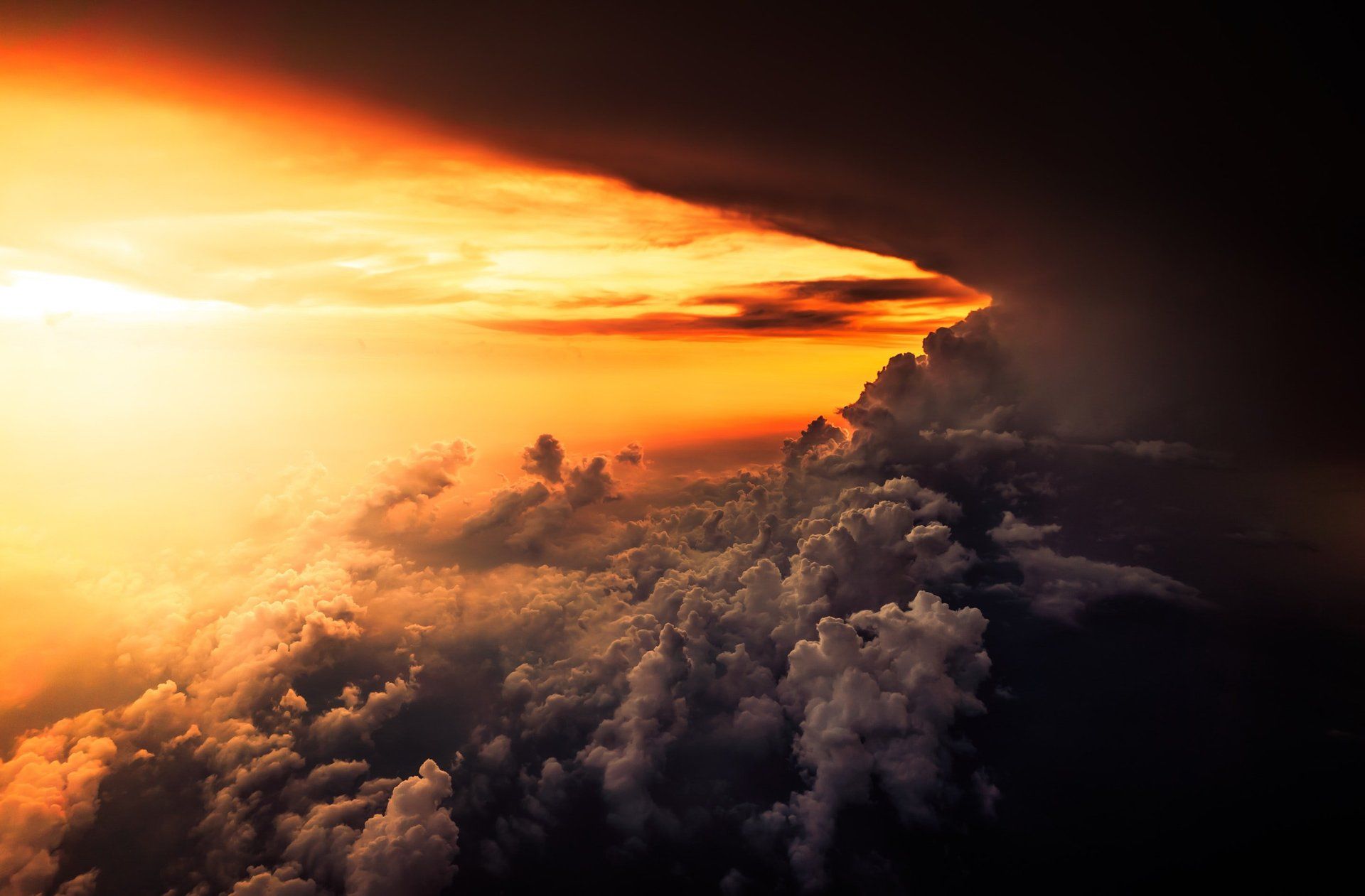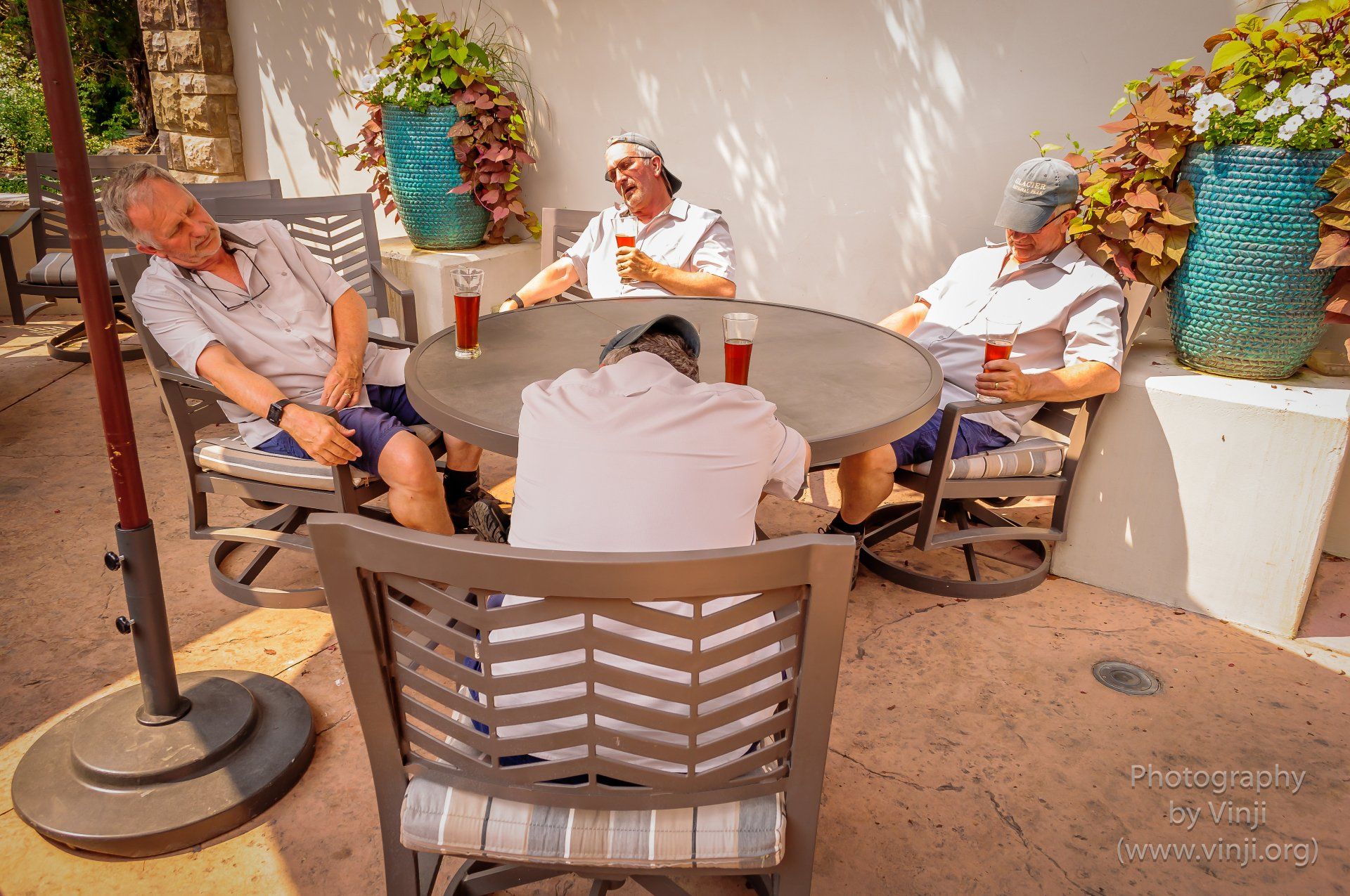Pride Falls Us
Benjamin Franklin's Quest for Moral Perfection - Humility VIII
Many days, I think of those famous people, rock stars of their fields, who do not even try to put on the face of humility, those who ooze self-importance and self-reverence out of every pore. Celebrities – pretentious personalities, platitudinous preachers, pompous panjandrums, puerile politicians, and pretentious pundits – who swell supercilieity, swagger, and self-love. Other lesser beings await to serve as the shade to their lamp, the wax to their wick, the steps on their staircase.
I long for more civil, respectful, self-effacing (at least for people to pretend to be) times.
I long for leaders in every field who model humility and generosity. I long for Reverend Leonard Gillingham, First United Methodist Church, Albuquerque, who touched me first when I was a young man and who I loved and respected and admired for his care and deep spirituality and mentoring and quiet leadership and shepherd soul.
He didn't need rotating neon lights and boom boxes. Just a simple message of God's grace.
I long for John Clark, our University of New Mexico college swing choir director, who I loved and respected for his care and mentoring and respect and behind-the-piano introverted leadership and ability to herd college-age cats.
He didn't need to be in front of the performers. He sat in the back.
I long for people in positions of influence who don’t take themselves so seriously, who by sharing their flaws help us to acknowledge ours, and who lead by example, model integrity, and spread credit. Servant leaders. Statespeople. Artists. Craftists. The fellow next door. The twitterer four states over.
I long for more humble times. I long for a more humble me. I have chased the pooka of fame to my detriment, and I long to know how to live more humbly myself in times when 15 minutes of fame seems more cherished than 15 years of service. When name-recognition is more valued than sacrifice.
I see sacrificial leaders all around, but they aren't clawing for the spotlight. They simply serve, while others have a million "followers" or so.
Was it always this way?
David Bobb’s book Humility: An Unlikely Biography of America’s Greatest Virtue, discusses the humility found in some of the United States’ founders. He writes about George Washington, James Madison, Abigail Adams, Abraham Lincoln, Frederick Douglass, and begins the book with “Benjamin Franklin’s Dilemma”. Developing humility, it turns out, was one of Franklin’s biggest challenges, even among his famous list of thirteen virtues he worked assiduously toward through his life.
In fact, Franklin added humility to his original list of twelve virtues after a friend, “kindly informed me that I was generally thought proud; that my pride showed itself frequently in conversation” (as quoted in Bobb, p. 7).
Franklin was on a quest to achieve “moral perfection”. Humility, the “crown of all the virtues” (Bobb, p. 6), allows other virtues like courage and generosity to emerge and flourish. Pride, or self-conceit, as C.S. Lewis reminded us, is “The Great Sin” (p. 94) and is the opposite of humility. Pride, he says, “leads to every other vice” (p. 94). He qualifies this blanket statement later, by saying that some forms of pride, such as pleasure in being praised or being proud of a child, are “very far from being a sin”. It is when pride makes a person feel better than another person that it fails us, he says.
It is when pride makes a
person feel better than another person that it fails us, he says.
At some point, pride generally falls us as well. Pride goeth before such a fall, ofttimes, eh?
Lewis said that the first step in acquiring humility is to realize one is proud. This friend of Franklin’s, then, did him this transformational favor. And even though Franklin said that humility was the hardest of the virtues for him to attain (“I cannot boast of much success in acquiring the reality of this virtue; but had a good deal with regard to the appearance of it”, in Bobb, p. 8), he accomplished enough to become a distinguished diplomat, a thought leader for his time and now ours, and of course helped negotiate varied interests toward the goal of founding a new nation.
Perhaps my favorite words on humility from Franklin could only come from a humble person. Writing in his autobiography, he said “[Y]ou will see [pride], perhaps, often in this history, for even if I could conceive that I had completely overcome it, I should probably be proud of my humility” (in Bobb, p. 9).
The humble servant, while not glittery or shiny, lights the world long after others' shine has shown...and blown outta town.
References:
Bobb, D. J. (2013). Humility: an unlikely biography of America's greatest virtue.
Nashville, Thomas Nelson Books/ An imprint of Thomas Nelson.
Lewis, C. S. (1997). Mere Christianity: a revised and enlarged edition, with a new introduction, of the three books, The case for Christianity, Christian behaviour, and Beyond personality.
New York, Book of the Month Club
To receive all our Profound Living posts, please subscribe (it won’t cost you anything but time to read): https://www.profoundliving.live/
Please consider following the Profound Living Facebook page
And... please share this essay with others who might find it beneficial.
Finally, for something more wide-ranging, check out The Profound Bartender.














